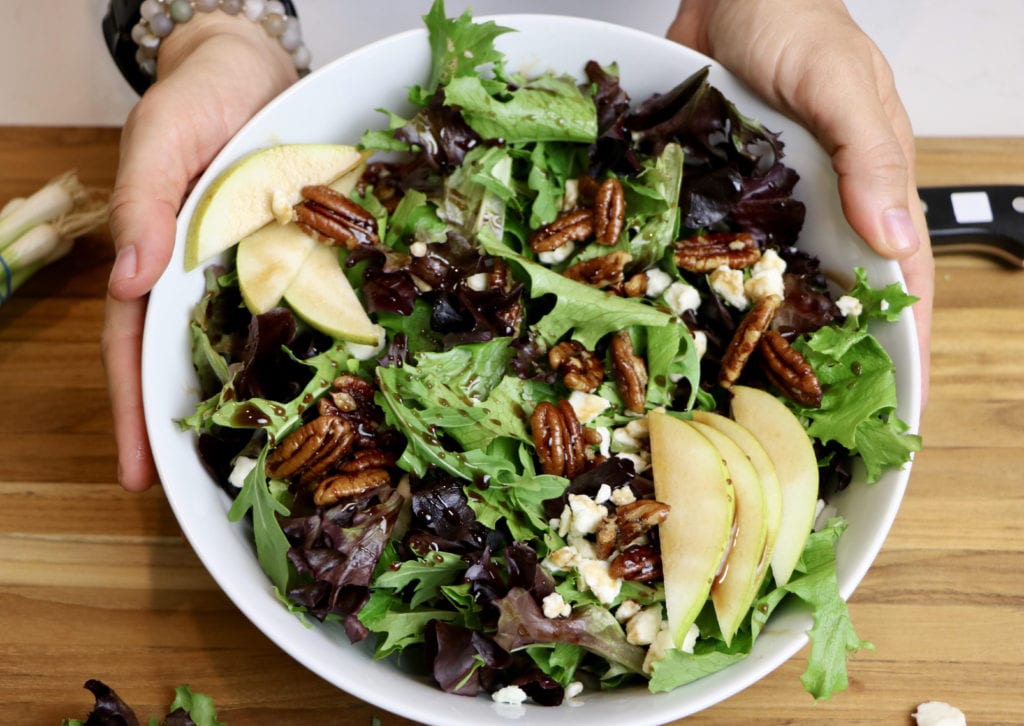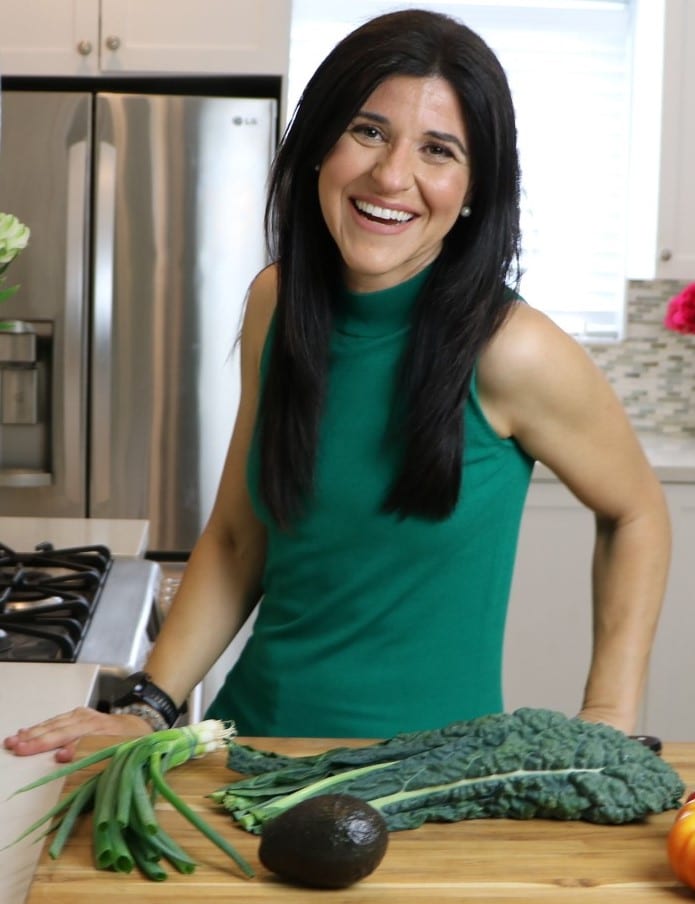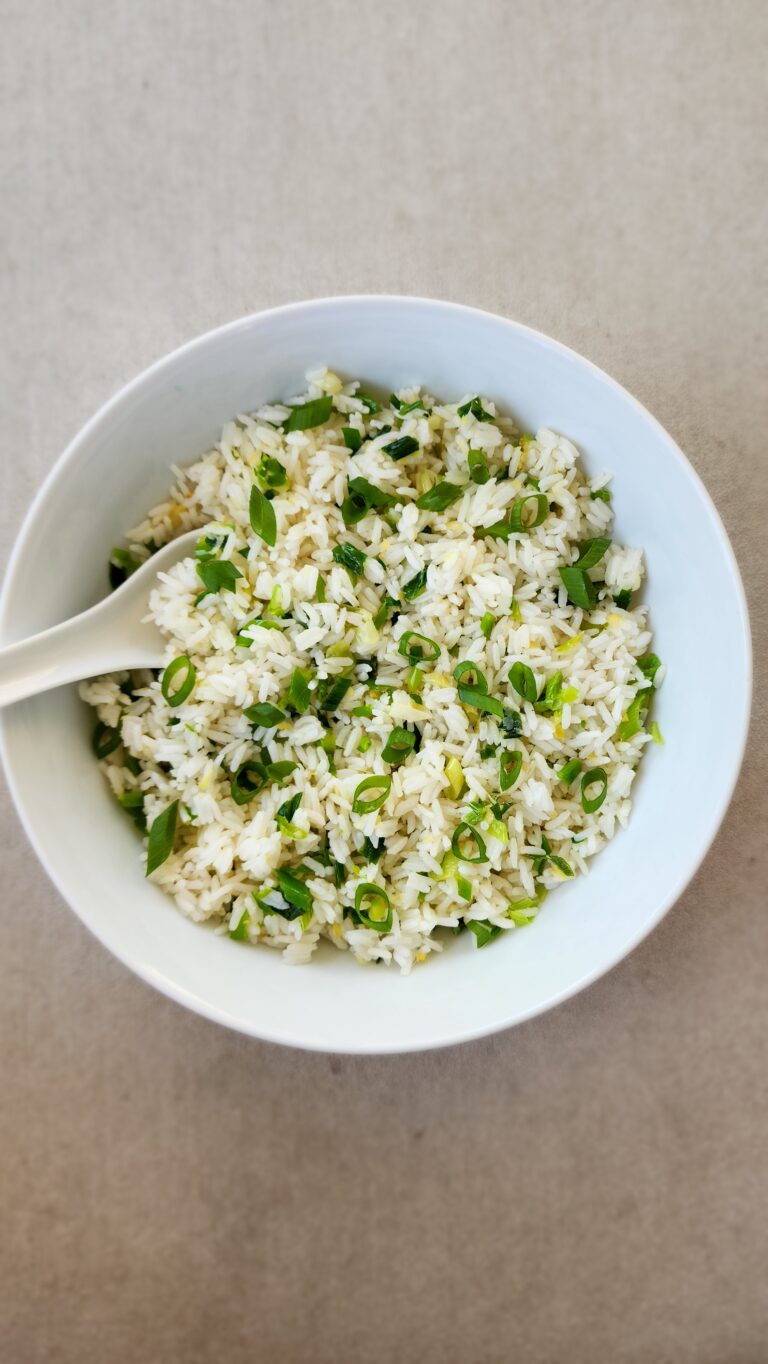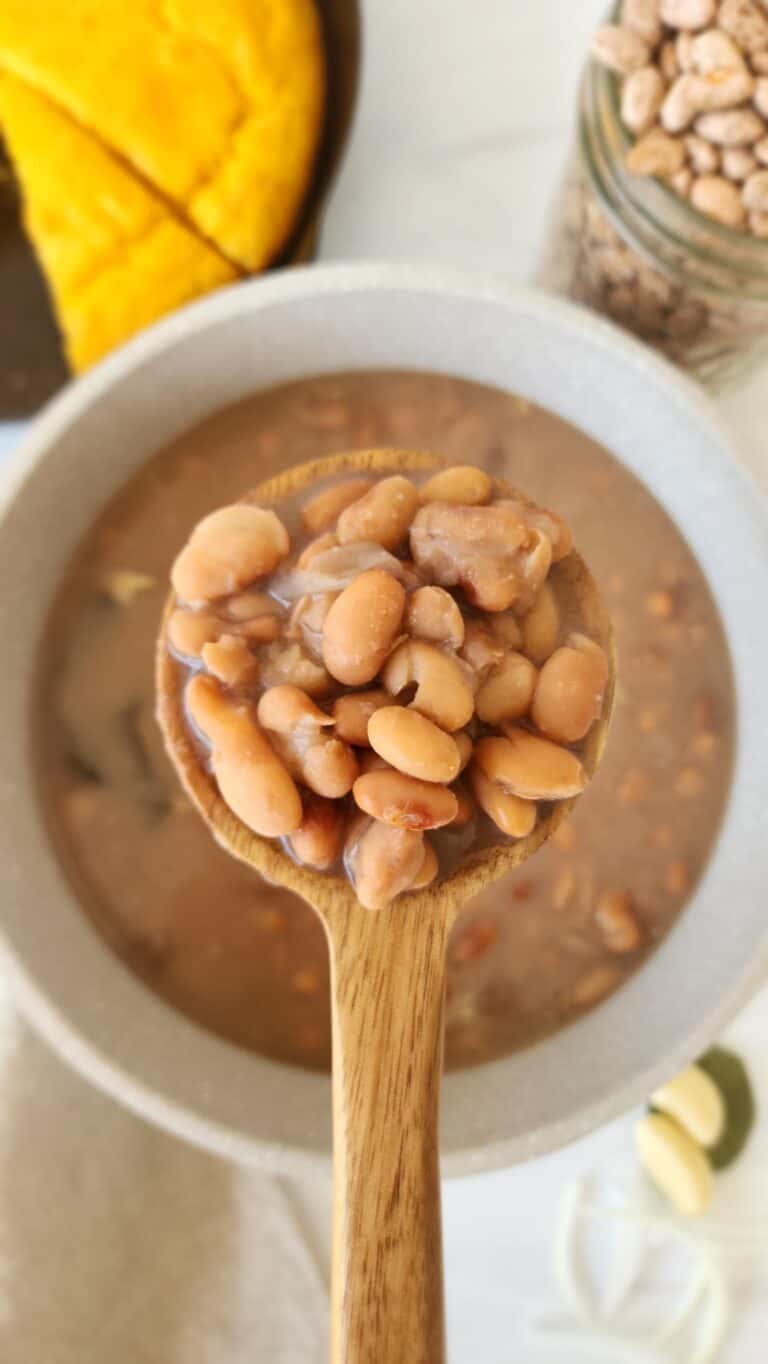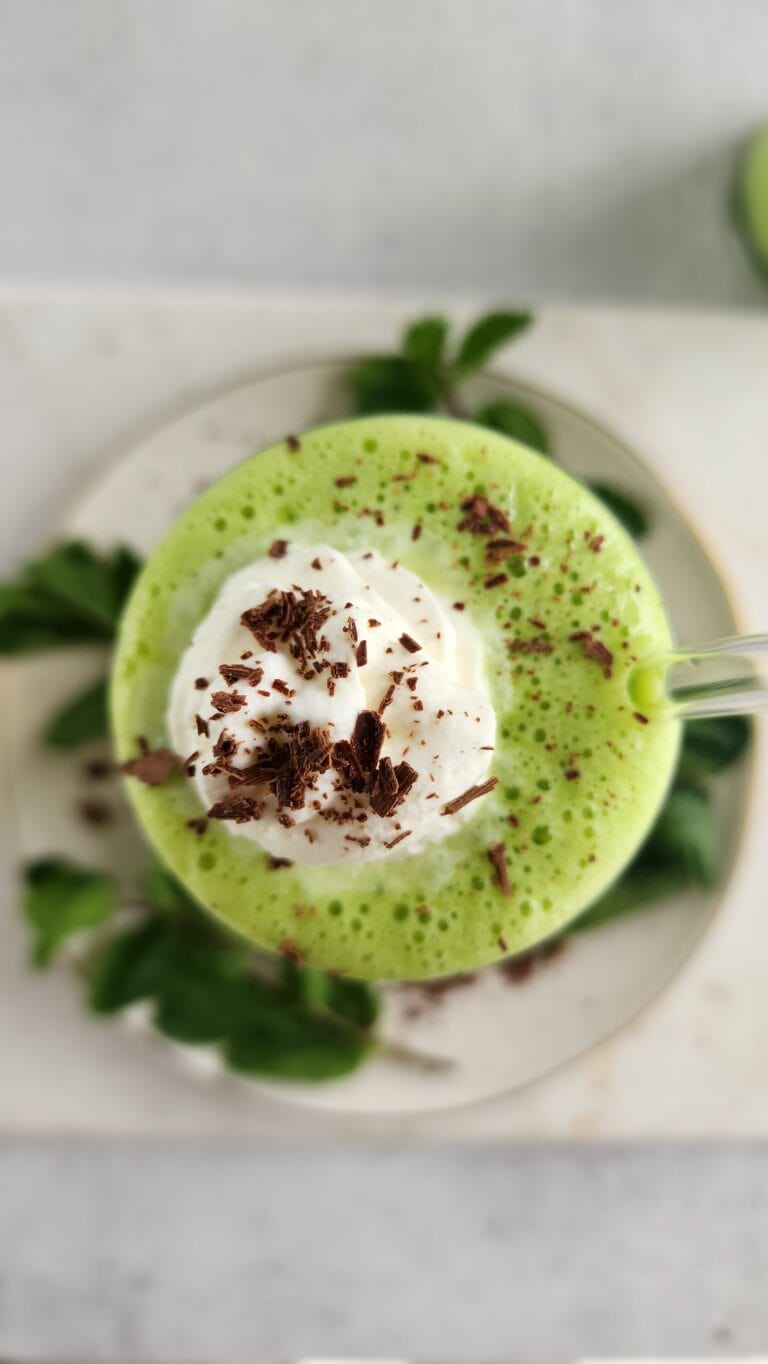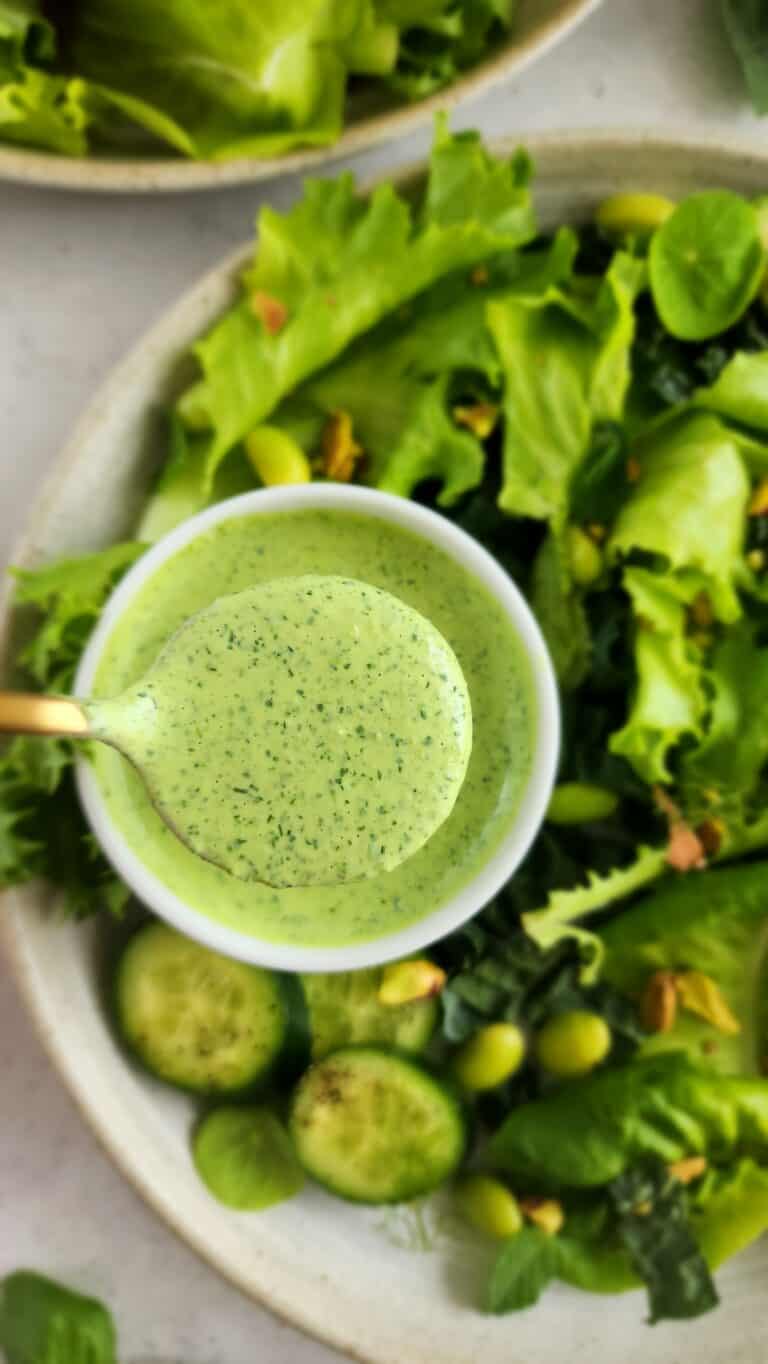I’ve recently been checking the news online. Articles appear as I scroll down my phone and not a day goes by that there isn’t an article about “You’ve gotta try this to lose weight”. Daily articles. Here are a few I saw just this last week:
http://shine.yahoo.com/healthy-living/double-protein-lose-weight-204200590.html
If losing weight was a magic pill believe me I would’ve already bottled it up by now. Why are there so many articles about weight loss/diets? It’s something people are struggling with and want to have a “quick fix” so they’re always on the search. They’ll try anything and everything that they think might work – hoping that this time it WILL work. A local hospital here in Miami publishes a health magazine that came out this past week. They had an article in this issue about gastric bypass and they featured a teen that had recently had the surgery. A teen getting gastric bypass? Yes we have an obesity problem here in America. There are many reasons why we have this problem: portion distortion, eating on the go, unhealthy processed foods, too much screen time, a sedentary lifestyle, mindless eating…yeah we have issues. But to resort to a life-changing surgery in a child that is still growing and will forever be nutritionally at risk (due to the surgery) seems a little extreme to me. Her problem didn’t happen overnight nor will it go away now that she’s had the surgery. Too many times we focus on trying to fix the problem in the here and now. What about the issues she has revolving around food? Just because her stomach is now physically smaller doesn’t mean that now she has a healthy relationship with food. Healthy eating and exercise are a way of life, not just a 2 week diet that’ll get you to fit into that dress you’ve been wanting. It’s a lifestyle change that is a journey. No one ever said that it’d be easy and unfortunately there are fad diets out there that promise otherwise.
Here are 5 simple ways to be able to spot that it’s a fad diet. (My definition of a fad diet: taking advantage of your desire to drop weight quickly, these diets often give empty promises rather than actual results):
The diet is based on drastically cutting back your calories. These starvation type diets require the body to fast and promise quick results. Our bodies aren’t designed to drop pounds quickly – the trick that these very low-calorie diets are relying on is our body’s natural reaction to dump water. So most of the weight lost on these weight-loss diets is not fat, it’s just water. Once you start eating normally again your body will absorb this water and you gain the weight that you lost, back, and then some.
The diet is based on taking special pills, powders, or herbs. If they’re requiring you to buy their product, that’s a red alert that it’s a fad diet. Diet pills contain laxatives or diuretics that force your body to eliminate more water (dropping pounds quickly just like the low calorie diets do). Other supplements have claims that their ingredients can suppress your appetite, speed up your metabolism, or even block the absorption of fat. I’m here to tell you that there is no reliable scientific research to back up these claims. There I said it. Don’t start believing their claims – it’s a gimmick!
The diet tells you to eat only specific foods or foods in certain combinations. This one always drives me crazy. If you can be THIS restrictive and follow what it is that they tell you to eat (or not eat) then you can adapt healthy eating habits too. Once again, there’s no scientific proof that combining certain foods works. And if we start limiting the foods that we eat now you’re messing with getting the adequate nutrition that your body needs.
The diet makes you completely cut out fat, sugar, or carbs.It should be a red flag once again if the diet is telling you to completely eliminate a whole food group (or nutrient for that matter) that our body needs. Low-fat/no fat diets were popular back when I was in school and I just remember thinking if they’re taking one thing out they’ve got to put something else back in. It’s better to eat smaller portions in well-rounded meals (I’ll talk about this later). Once our body gets the right balance of nutrition, it’s less likely to have intense cravings.
The diet requires you to skip meals or replace meals with special drinks or food bars. Our bodies need energy throughout the day. If you skip a meal that only confuses your body. And substituting meals can also mean that you’re not getting the nutrition you need. Not to mention you miss out on the enjoyment of sharing a satisfying meal with your friends or family.
Remember if it sounds too good to be true it probably is. So what is one to do? Start adopting healthy habits one step at a time. If you try to take all the changes on at one time odds are you won’t be successful. Remember it’s a marathon, not a sprint. Here a few helpful tips/suggestions of things that you can change/work on.
Drink plenty of water. Water is calorie-free and we often are not getting enough (just check your urine to see how you’re doing. It should be clear. The darker more concentrated yellow in color the more dehydrated you are). High calorie drinks like specialty coffees and sodas can average about ~400-500 calories/drink. These liquid calories can add up quick and are the easiest place to cut back. Think your drink and choose water first!
Eat small meals, 5-6, throughout the day. This usually works out to be 3 main meals with 2 snacks for the day. Eating this way helps you from skipping meals and overeating. It keeps your blood sugar steady, so your energy won’t lag. At each of these meals/snacks, make sure that you’re balancing your carbohydrate, protein, and fat in the right proportions (this can take some effort in learning how to do but makes all the difference).
Fiber. Fiber aids in digestion, prevents constipation, lowers cholesterol, and can even aid in weight loss. Most Americans get only half the daily fiber that they need. Women need 25 grams per day and men should get 38 grams per day (~14 grams of fiber for every 1,000 calories). Good fiber sources include oatmeal, beans, whole grain foods, and a variety of fruits and vegetables.
Choose whole, natural foods and eliminate or minimize processed foods. Processed foods are anything in a box, bag, can or package. This will take some time to implement but really examine what you have in your house and where you spend your time in the grocery store (the inner aisles are where the processed foods are at, most times). Remember, start with one change and once you’ve got that down, start with another.
Get moving. Regular physical activity every day is a must for so many reasons. Not only does it decrease fat, strengthen and build muscle and help you burn more calories when you rest, it keeps your heart, lungs, and bones healthy and strong. Studies show that even just fifteen minutes a day is the single best way for people to improve their health. Why stop there?
These are just a few helpful tips/suggestions to get you going on your journey to a healthier lifestyle. Balance, moderation, variety, and one step at a time. It’s not a diet; it’s a way of life.

